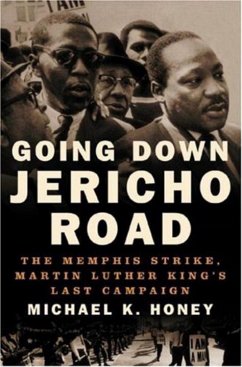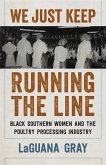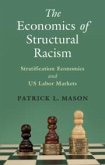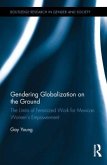Memphis in 1968 was ruled by a paternalistic "plantation mentality" embodied in its good-old-boy mayor, Henry Loeb. Wretched conditions, abusive white supervisors, poor education, and low wages locked most black workers into poverty. Then two sanitation workers were chewed up like garbage in the back of a faulty truck, igniting a public employee strike that brought to a boil long-simmering issues of racial injustice. With novelistic drama and rich scholarly detail, Michael Honey brings to life the magnetic characters who clashed on the Memphis battlefield: stalwart black workers; fiery black ministers; volatile, young, black-power advocates; idealistic organizers and tough-talking unionists; the first black members of the Memphis city council; the white upper crust who sought to prevent change or conflagration; and, finally, the magisterial Martin Luther King Jr., undertaking a Poor People's Campaign at the crossroads of his life, vilified as a subversive, hounded by the FBI, and seeing in the working poor of Memphis his hopes for a better America.
Hinweis: Dieser Artikel kann nur an eine deutsche Lieferadresse ausgeliefert werden.
Hinweis: Dieser Artikel kann nur an eine deutsche Lieferadresse ausgeliefert werden.








